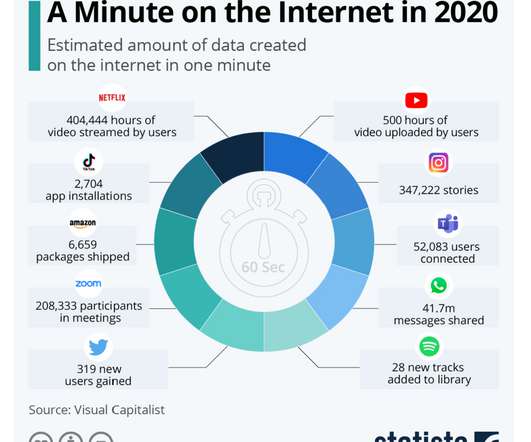Guest Post - How important is digital document consistency?
AIIM
OCTOBER 30, 2017
When the test results are scanned, the automated workflow uses the information within the barcode to name the file, append the test date and save the results to the patient’s record folder. Prior to working with Y Soft, Mr. Koelewijn founded X-Solutions in late 2002 which was later acquired by Nuance in 2009.













Let's personalize your content